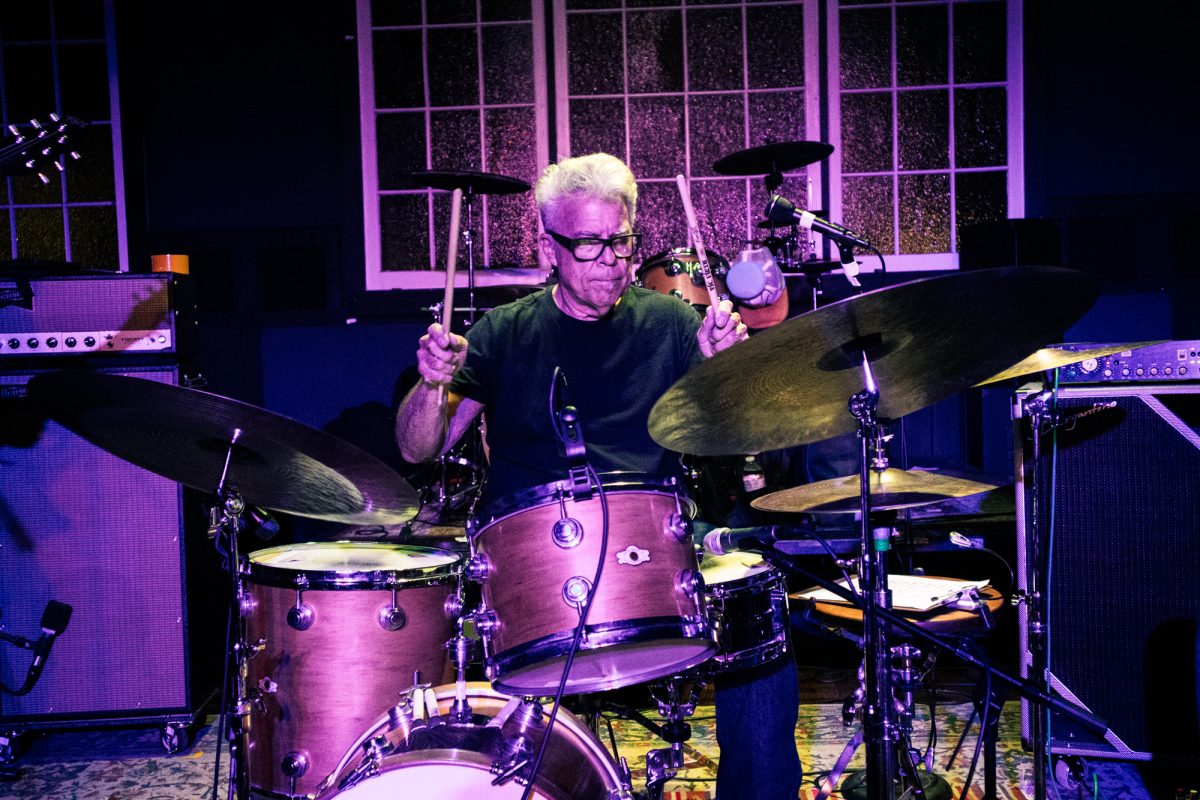Do you believe in the American Dream? To say “yes” would be far too vague.
Like all things intrinsically simple, the American Dream carries countless interpretations and manifestations, whether they be of youthful dreamers or the big bad capitalist schemers. A beacon for the downtrodden, the American Dream is nothing more than a promise of indiscriminate potential.
The dream is neutral in every respect, but, the nothing-is-sacred attitude that neutrality logically entails tends to make more enemies than allies.
In the Middle East, the dream is torturously enticing yet irreverently countercultural — namely in tyranny, theocracy or both. But the dream has found new voice in the cradle of civilization through the most globally aware generation this world has produced.
With the growing reach of the Internet has come the idea of information as a birthright. Anyone can get on the Internet and witness the state of affairs on this planet. As a dictator, to impede Internet access would be evil and to allow it would be risky. Like anyone who lives in an information bubble, as soon as the people see what freedoms they are denied they will do anything to achieve them.
The populace will demand freedom as exemplified by the wave of revolutions breaking across the Middle East and northern Africa.
While the idea of equal opportunity is neutral, i.e. nationless, America has earned a reputation as the dream’s mascot through the pervasiveness of her industries. Aft
er all, capitalism is the heart of the American Dream.
Remember this: Across the Atlantic, American-made websites Facebook and Twitter are being used to dismantle former dictatorial allies of the United States.
The use of these sites for such a purpose is only appropriate, as they are the windows through which the subjects of dictators see freedom. The irony of this relationship, however, serves beautifully as a prologue to the love-to-hate relationship between Middle Eastern and American culture.
Any Middle Eastern person hoping to preserve a culturally traditional lifestyle has reasonable enmity toward the United States. America’s stature as a melting pot undermines not only our own cultural ties but also our sensitivity to the cultures of others.
This is why we, with a free market, see no problems expanding American businesses abroad. Business, though, is only a physical iteration. The real intrusion of Western culture is through the hypodermic needle into the people that is the Internet.
About 45 percent of Web pages are in English. The technological and now literal revolutionary sites Google, Facebook and Twitter are all American. The creator of the Facebook page that organized protests in Egypt works for Google.
These facts pave the way for what is seen by Middle Eastern conservatives to be invasive cultural permeation and destruction.
The youth of the Middle East, in their embrace of the Internet and the global awareness it brings, appear to be fastening a noose around what is the traditional Arab-Islamic way of life.
The culprit behind the cultural erosion is freedom. Freedom is a natural tendency for humans, for it logically says that in a free society individuals are able to live as they wish, think as they wish and grow up to become what they wish.
Unfortunately, these concepts are incompatible with most contemporary Middle Eastern politics, one reason being theocratic elements.
Factions do exist within our borders, which harbor similar goals, but our country has by and large outgrown such tendencies. Theocracy lingers in many nations in the cradle, however, and where religion is rule, freedom is impossible.
Former President George W. Bush once asked, “Are millions of men and women and children condemned by history or culture to live in despotism?” The millions of protestors in what has been called the Jasmine Revolution have rallied from Morocco to Iran to valiantly reject the concept of cultural condemnation to tyranny.
No one is culturally condemned. Freedom is as instinctual — and thus, universal — as the American Dream.
Clayton Crockett is a 19-year-old international studies and mass communication freshman from Lafayette. Follow him on Twitter @TDR_ccrockett.
_____
contact Clayton Crockett at ccrockett@lsureveille.com
Rocking the Cradle: Believe in the American Dream: Love it, hate it, emulate it
February 23, 2011








